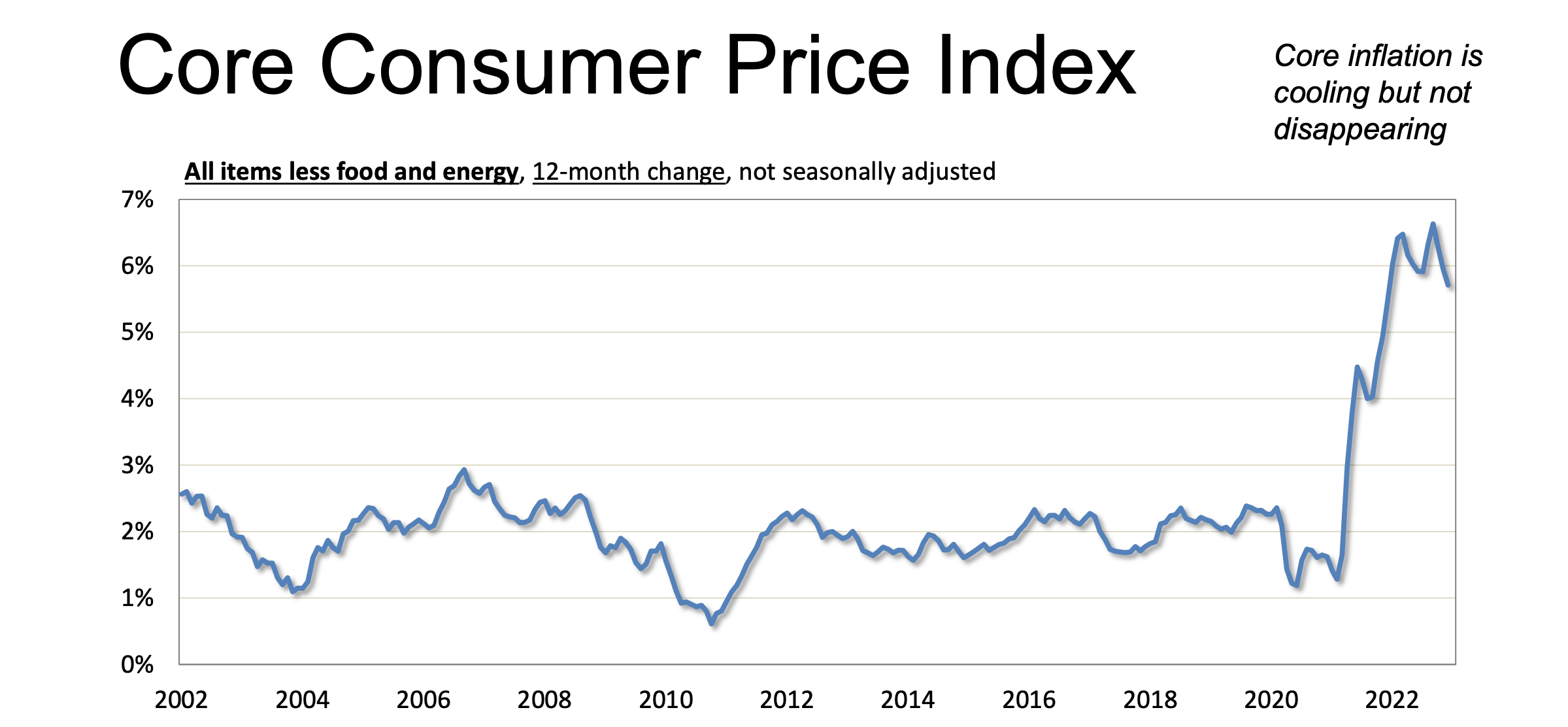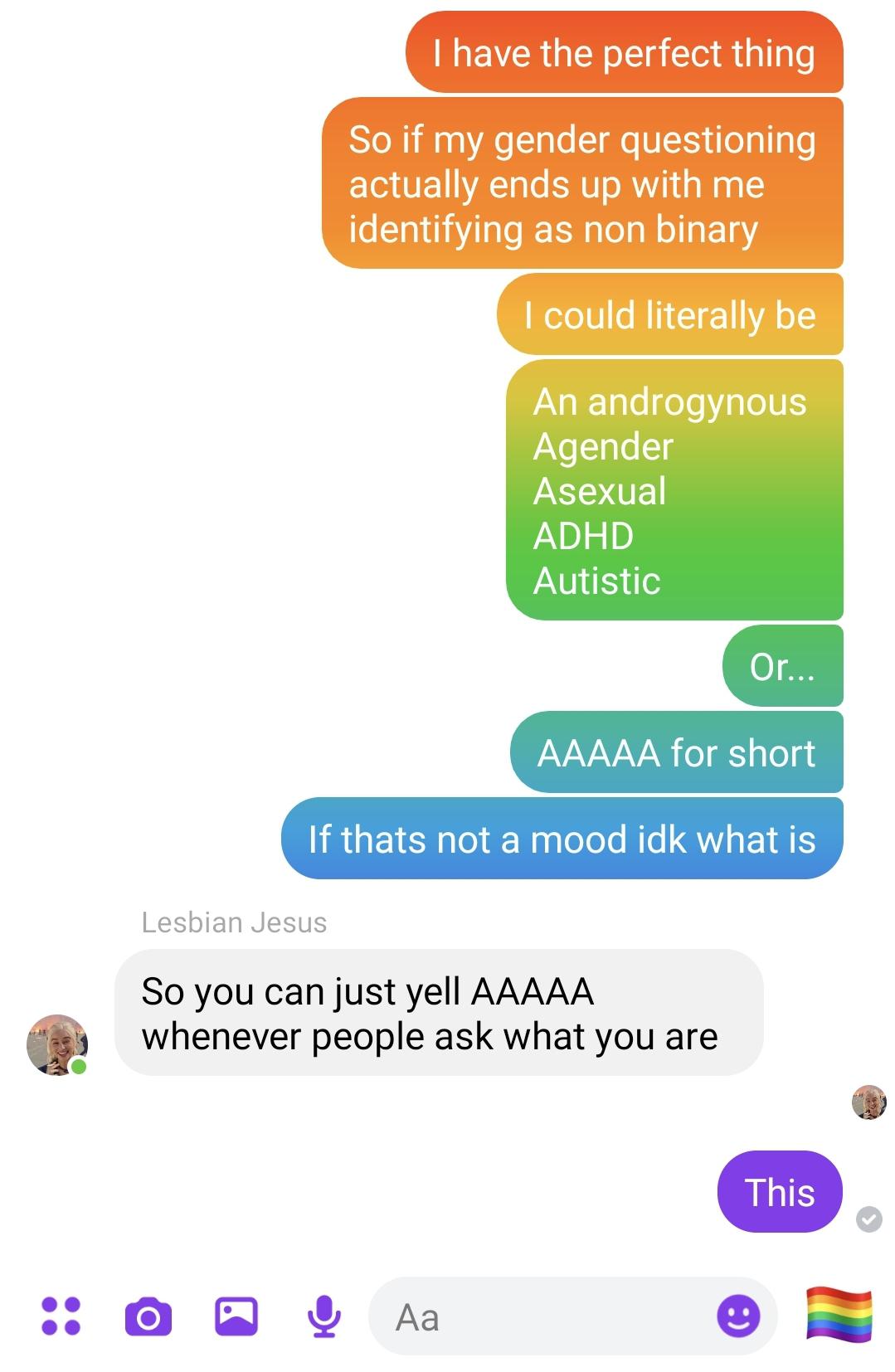OpenAI Faces FTC Investigation: Examining The Future Of AI Accountability

Table of Contents
The FTC's Investigation into OpenAI: What We Know
The Federal Trade Commission (FTC) investigation into OpenAI is focused on concerns surrounding the company's practices and the potential risks posed by its powerful AI models, particularly ChatGPT. The investigation is not just about OpenAI; it's a significant step towards establishing clearer guidelines for AI accountability across the board.
-
Allegations of misleading practices regarding data privacy and security: The FTC is reportedly investigating whether OpenAI adequately protected user data and was transparent about its data collection and usage practices. Concerns exist about the potential for misuse of personal information fed into OpenAI's models.
-
Concerns about the potential for AI bias and discrimination: AI models are trained on vast datasets, and if these datasets reflect existing societal biases, the AI can perpetuate and even amplify those biases. The FTC's investigation likely includes examining whether OpenAI has taken sufficient steps to mitigate bias in its models and prevent discriminatory outcomes.
-
The potential impact on consumer protection: The FTC's mandate includes protecting consumers from unfair or deceptive practices. The investigation explores whether OpenAI's products have harmed consumers in any way, either through data breaches, biased outputs, or other issues.
-
Specific OpenAI products potentially implicated: ChatGPT, with its capacity for generating human-like text, is likely a key focus of the investigation due to its widespread use and the potential for misuse, including the generation of misleading or harmful content. Other OpenAI products may also be under scrutiny.
The potential consequences for OpenAI range from hefty fines and mandated changes to its practices to more significant repercussions impacting its future development and operations. The outcome will set a precedent for other AI companies and shape the landscape of AI regulations.
The Broader Implications for AI Development and Regulation
The OpenAI investigation has far-reaching implications for the entire AI industry. It underscores the need for a proactive approach to AI governance and responsible innovation.
-
The need for increased transparency in AI algorithms and data usage: The "black box" nature of many AI systems makes it difficult to understand how they arrive at their conclusions. Increased transparency in algorithms and data usage is crucial for building trust and accountability.
-
The development of ethical guidelines and best practices for AI development: Industry-wide adoption of ethical guidelines and best practices is vital for ensuring that AI is developed and used responsibly, minimizing harm and maximizing benefit.
-
The role of government regulation in ensuring responsible AI innovation: Government regulation plays a crucial role in setting standards, enforcing compliance, and addressing potential harms associated with AI. Striking a balance between fostering innovation and protecting consumers is a key challenge.
-
The challenges in balancing innovation with safety and ethical considerations: The rapid advancement of AI presents a complex challenge: how to maintain the pace of innovation while simultaneously addressing safety and ethical concerns. This requires careful consideration and a proactive, multi-stakeholder approach.
Potential future regulatory frameworks could include mandatory impact assessments for new AI systems, strict data privacy regulations specifically tailored for AI, and the establishment of independent oversight bodies to monitor AI development and deployment. These frameworks will significantly impact how AI companies operate and innovate.
The Debate Surrounding AI Accountability and Liability
Determining responsibility when AI systems cause harm is a complex legal and ethical challenge.
-
The challenge of assigning liability to developers, users, or the AI itself: Currently, there's no clear legal framework for assigning liability when an AI system causes harm. Is it the developer who created the AI, the user who deployed it, or the AI itself (which, of course, lacks legal personhood)?
-
The need for clear legal frameworks to address AI-related harms: A critical need exists for the development of clear legal frameworks that address AI-related harms, defining responsibilities and establishing mechanisms for redress.
-
The potential for insurance mechanisms to mitigate risks associated with AI: Insurance mechanisms could provide a safety net for both AI developers and users, mitigating the risks associated with potential AI-related harms.
The debate surrounding AI liability is multifaceted and involves various stakeholders, including legal experts, policymakers, and AI developers. Finding a balance between promoting innovation and establishing a fair system of accountability is crucial.
The Future of AI Accountability: Moving Towards Responsible Innovation
To enhance AI accountability and foster responsible innovation, proactive measures are necessary:
-
Promoting independent audits and verification of AI systems: Independent audits can provide an objective assessment of AI systems, ensuring that they meet safety and ethical standards.
-
Encouraging the development of explainable AI (XAI) technologies: XAI aims to make AI systems more transparent and understandable, allowing users and regulators to better assess their workings and potential biases.
-
Investing in AI safety research and development: Significant investment in AI safety research is crucial for identifying and mitigating potential risks associated with advanced AI systems.
-
Fostering collaboration between industry, government, and academia: A collaborative approach involving industry, government, and academia is essential for developing effective solutions to the challenges of AI accountability.
Conclusion:
The FTC investigation into OpenAI is a watershed moment, highlighting the urgent need for a robust framework of AI accountability. The investigation's implications extend far beyond OpenAI, shaping the future of AI development and regulation globally. The key takeaways underscore the necessity of transparency, ethical guidelines, and proactive regulatory measures to mitigate the risks and maximize the benefits of AI. This is not simply about OpenAI; it's about ensuring that AI's transformative power is harnessed responsibly for the benefit of all. The OpenAI investigation serves as a critical wake-up call. We need a collective effort to ensure that future AI advancements prioritize AI accountability and responsible innovation. The development and implementation of robust regulatory frameworks and ethical guidelines are essential for navigating the complex challenges and opportunities presented by artificial intelligence. Let's work together to build a future where AI benefits all of humanity, fostering a culture of AI accountability.

Featured Posts
-
 The Making Of Cobra Kai A Look At Hurwitzs Original Pitch
May 23, 2025
The Making Of Cobra Kai A Look At Hurwitzs Original Pitch
May 23, 2025 -
 Eric Andre On Kieran Culkin Why He Passed On A Potential Role
May 23, 2025
Eric Andre On Kieran Culkin Why He Passed On A Potential Role
May 23, 2025 -
 Rock 106 1s Big Rig Rock Report 3 12 Trucking News And Analysis
May 23, 2025
Rock 106 1s Big Rig Rock Report 3 12 Trucking News And Analysis
May 23, 2025 -
 Did Manchester United Make The Right Choice Signing Noussair Mazraoui
May 23, 2025
Did Manchester United Make The Right Choice Signing Noussair Mazraoui
May 23, 2025 -
 Cat Deeleys Last Minute Dress Problem On This Morning
May 23, 2025
Cat Deeleys Last Minute Dress Problem On This Morning
May 23, 2025
Latest Posts
-
 Review Jonathan Groffs Just In Time A Captivating Bobby Darin Tribute
May 23, 2025
Review Jonathan Groffs Just In Time A Captivating Bobby Darin Tribute
May 23, 2025 -
 Jonathan Groffs Just In Time A 1965 Style Party On Stage
May 23, 2025
Jonathan Groffs Just In Time A 1965 Style Party On Stage
May 23, 2025 -
 Just In Time Review Jonathan Groff Shines In A Stellar Bobby Darin Musical
May 23, 2025
Just In Time Review Jonathan Groff Shines In A Stellar Bobby Darin Musical
May 23, 2025 -
 Jonathan Groffs Just In Time Performance Exploring The Artistic Process And Raw Talent
May 23, 2025
Jonathan Groffs Just In Time Performance Exploring The Artistic Process And Raw Talent
May 23, 2025 -
 Jonathan Groffs Past An Open Conversation About Asexuality
May 23, 2025
Jonathan Groffs Past An Open Conversation About Asexuality
May 23, 2025
